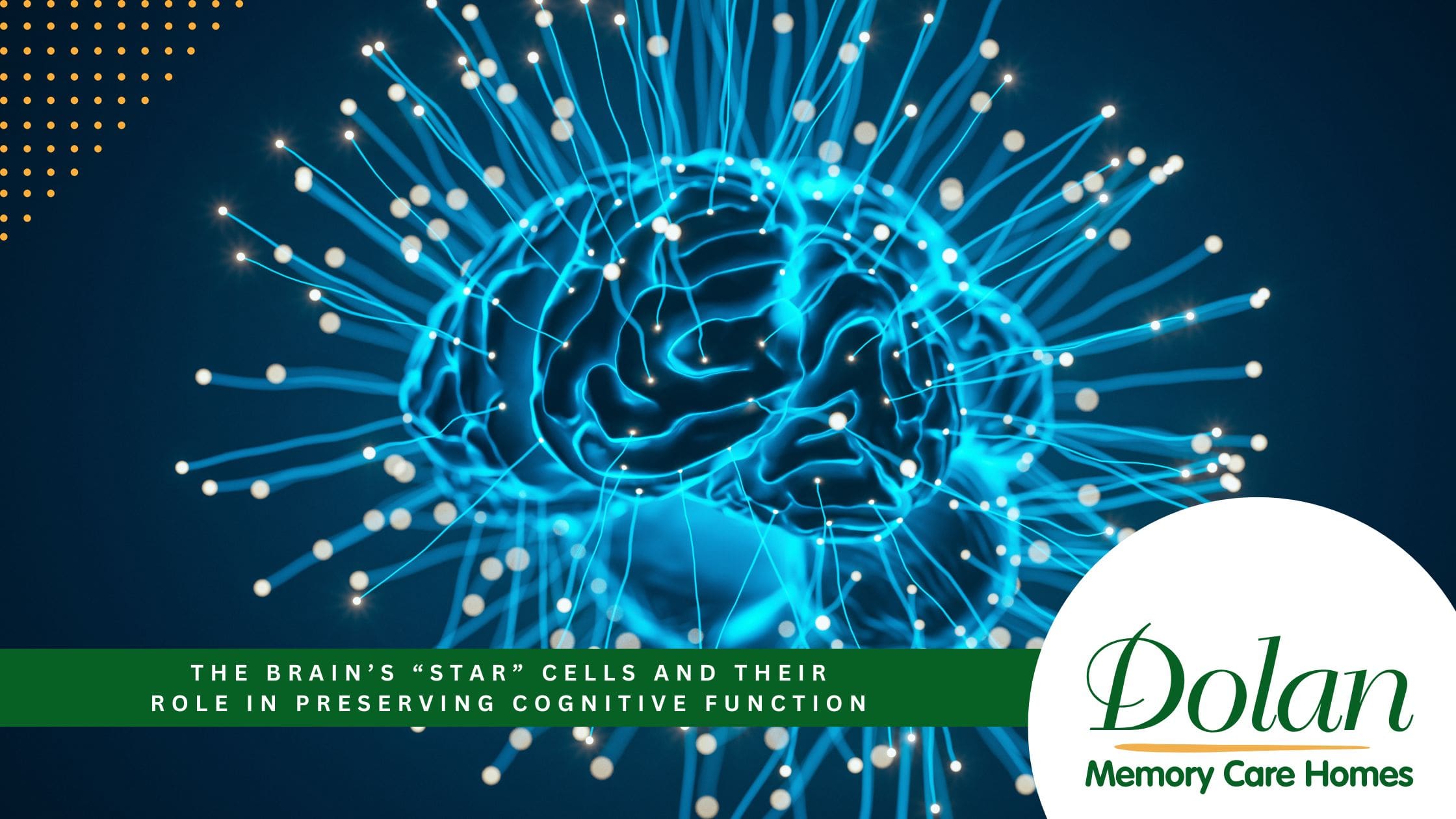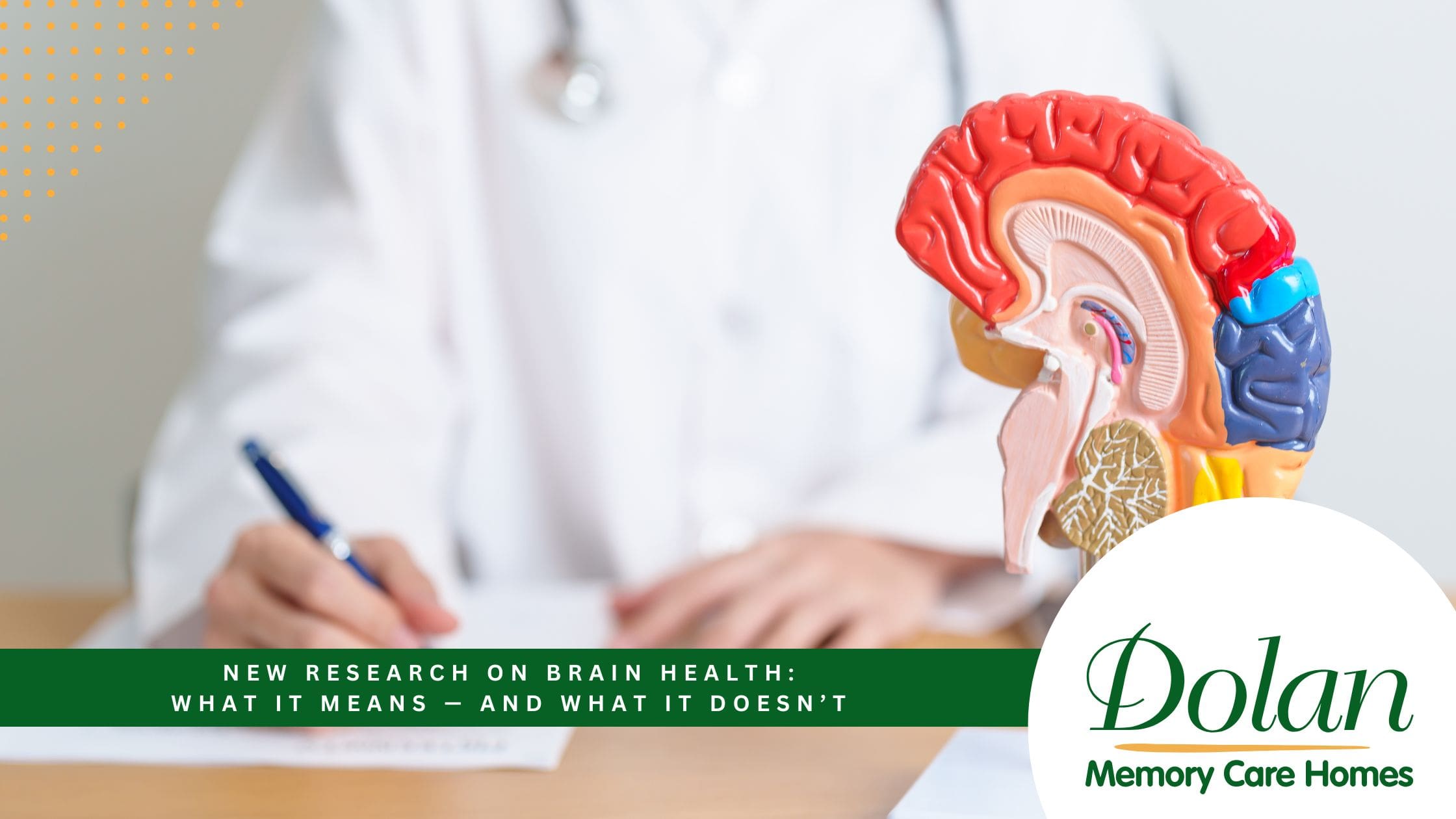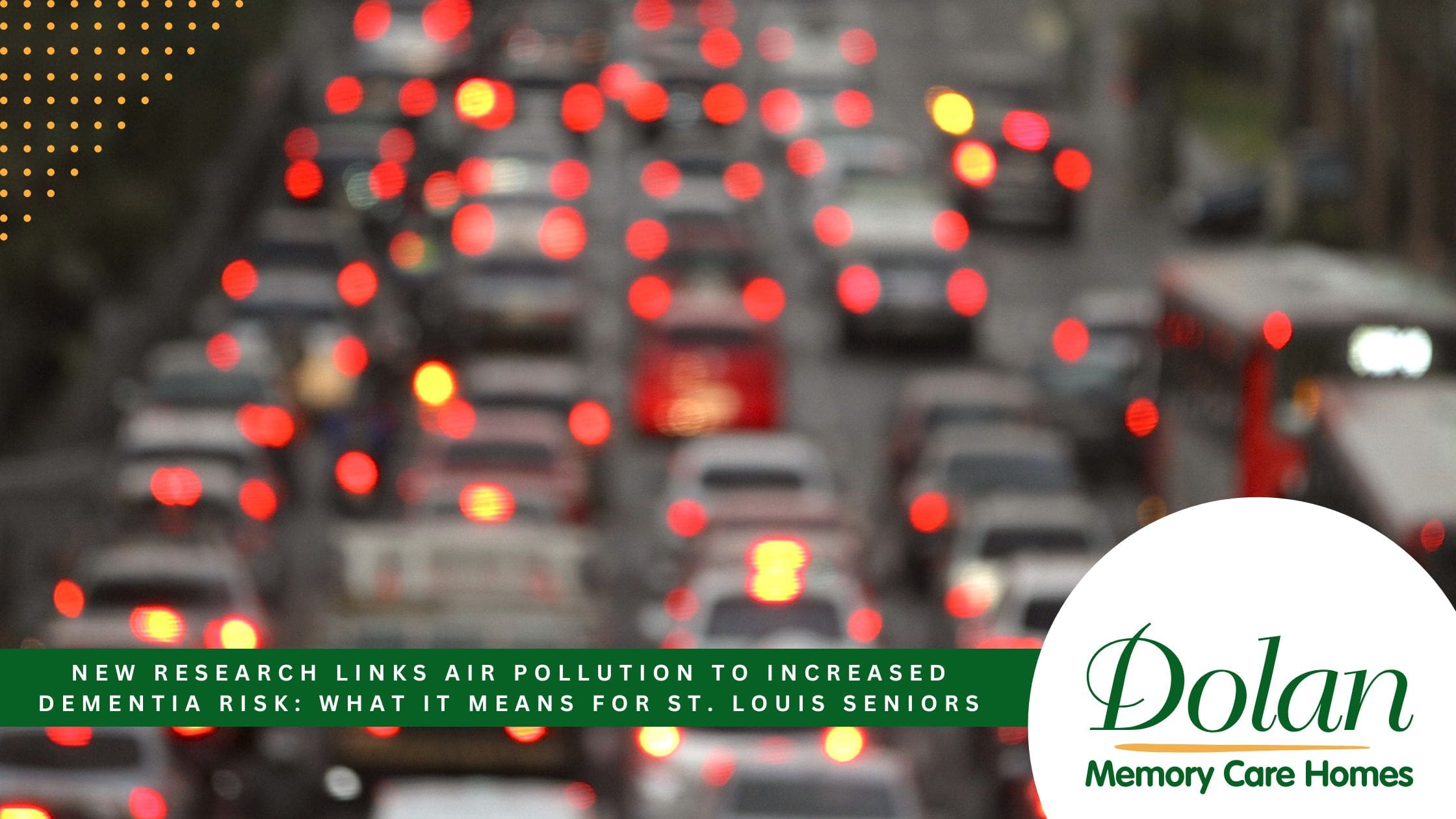Vision & Dementia: What That Means for Early Detection
Can a loss of vision be a warning sign of dementia? How are vision and dementia related, and what can that tell us about the future of dementia and Alzheimer’s research? Recent findings suggest an important connection between vision loss and dementia.
The Connection Between Vision Loss and Dementia
Both vision impairment and dementia incidence increase with age. As people get older, they are more likely to develop dementia, and more likely to experience vision problems. But the relationship between dementia and vision is deeper than that. Vision loss and dementia have a strong link, and may even be actively impacting one another.
Past dementia research has found that vision loss could be a risk factor for dementia. People with vision loss were more likely to have dementia. The shortcoming here was that all vision data was self-reported. Luckily, a pair of recent studies have dug even further into the connection between vision and dementia, with interesting findings.
Recent Research on Vision and Dementia
So what does the recent research show? While it has long seemed like vision and dementia are related, it has been a bit of a “chicken or the egg” problem in the past. Is one leading to the other, or are they both occurring concurrently without any real impact on each other?
A study published last year in JAMA Opthalmology looked at vision data and dementia and Alzheimer’s disease diagnoses for over 3,000 older adults in the United States. About 12% of the participants overall had been diagnosed with dementia. That number jumped to 22% for individuals with close-up vision impairment, and 33% for participants with moderate to severe distance vision loss. As a whole, those with vision problems were more likely to develop dementia than those without.
Other recent dementia research tells a similar story. A longitudinal study conducted at the University of Michigan and funded by the NIA tracked various health changes for more than 20,000 older adults. They found a strong connection between dementia and eye problems: 1.8% of all dementia cases in the US were associated with vision impairment. Their research suggests that uncorrected vision problems have directly led to 100,000 dementia cases in the United States.
So what does all that mean? Both studies make a compelling case for the idea that individuals with uncorrected vision impairments are more likely to develop dementia. We’ll talk more about the implications and impacts of these findings below.
Implications: Why the Link Between Vision Loss and Dementia Matters
Based on the research above, there are actions individuals can take and hope for improved early dementia detection.
The vast majority of vision impairments are preventable. Even as people’s eyes worsen with age, there are treatments and correction technologies that exist. Thus, the research above highlights the importance of eye care. Preventable vision loss is leading to thousands of dementia cases in the United States each year. These cases could have potentially been prevented with better eye care.
Studies like these also have implications for Alzheimer’s and dementia diagnosis, particularly early detection. Alzheimer’s research falls into two categories: Research about dementia treatments and research about dementia detection and prevention. In the first category, there’s currently no cure for Alzheimer’s disease, and more effective dementia treatments are still being developed. But in the second category, the dementia research community has made strides in their efforts to prevent dementia and detect it earlier.
A better understanding of the connection between vision and dementia will help determine whether vision loss can be used as an early detection tool for dementia. More research is needed, but these studies provide promise for this area of Alzheimer’s research.
In summary, vision loss and dementia are closely related, in ways that researchers are understanding more and more. These types of developments are essential for the early detection of dementia and prevention of dementia cases.
Here at Dolan, in our St. Louis memory care homes, we always stay on the forefront of the latest dementia research. We make sure recent research is incorporated in all our homes to provide our residents with the best quality dementia care possible!
Sources:
https://www.health.harvard.edu/mind-and-mood/older-adults-with-vision-problems-face-higher-dementia-risks https://www.alzheimers.org.uk/about-dementia/managing-the-risk-of-dementia/reduce-your-risk-of-dementia/vision-loss-and-risk





